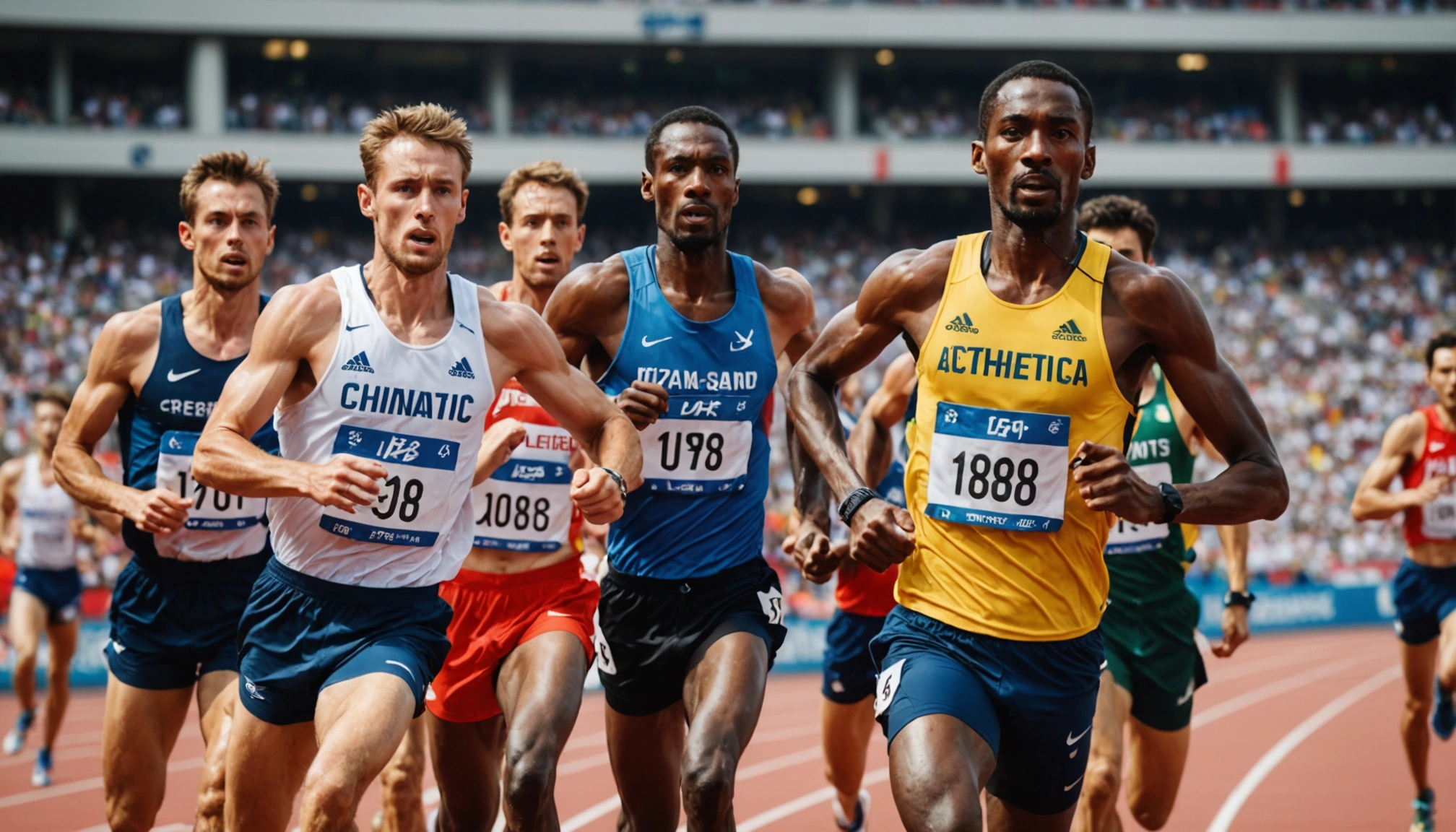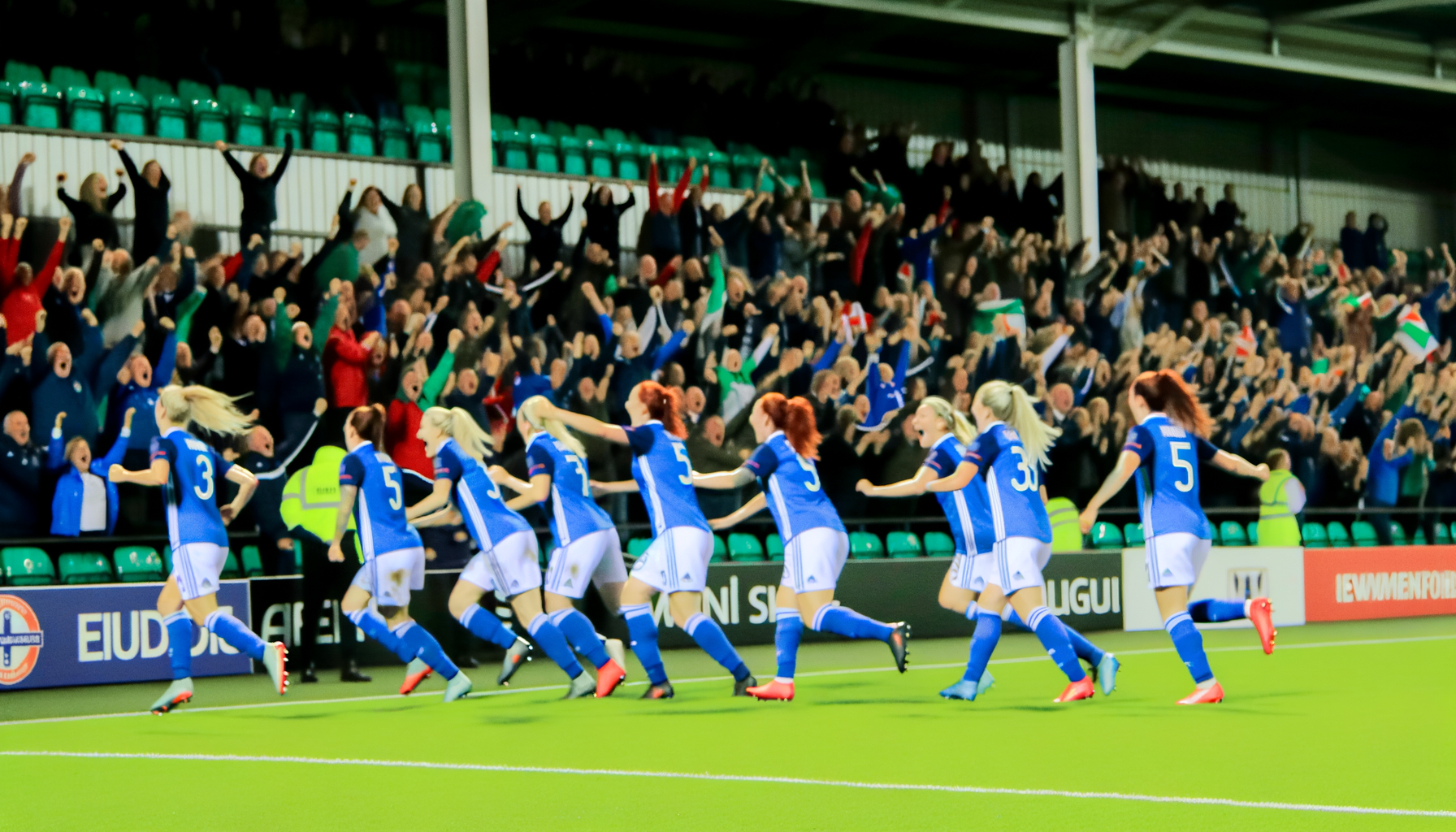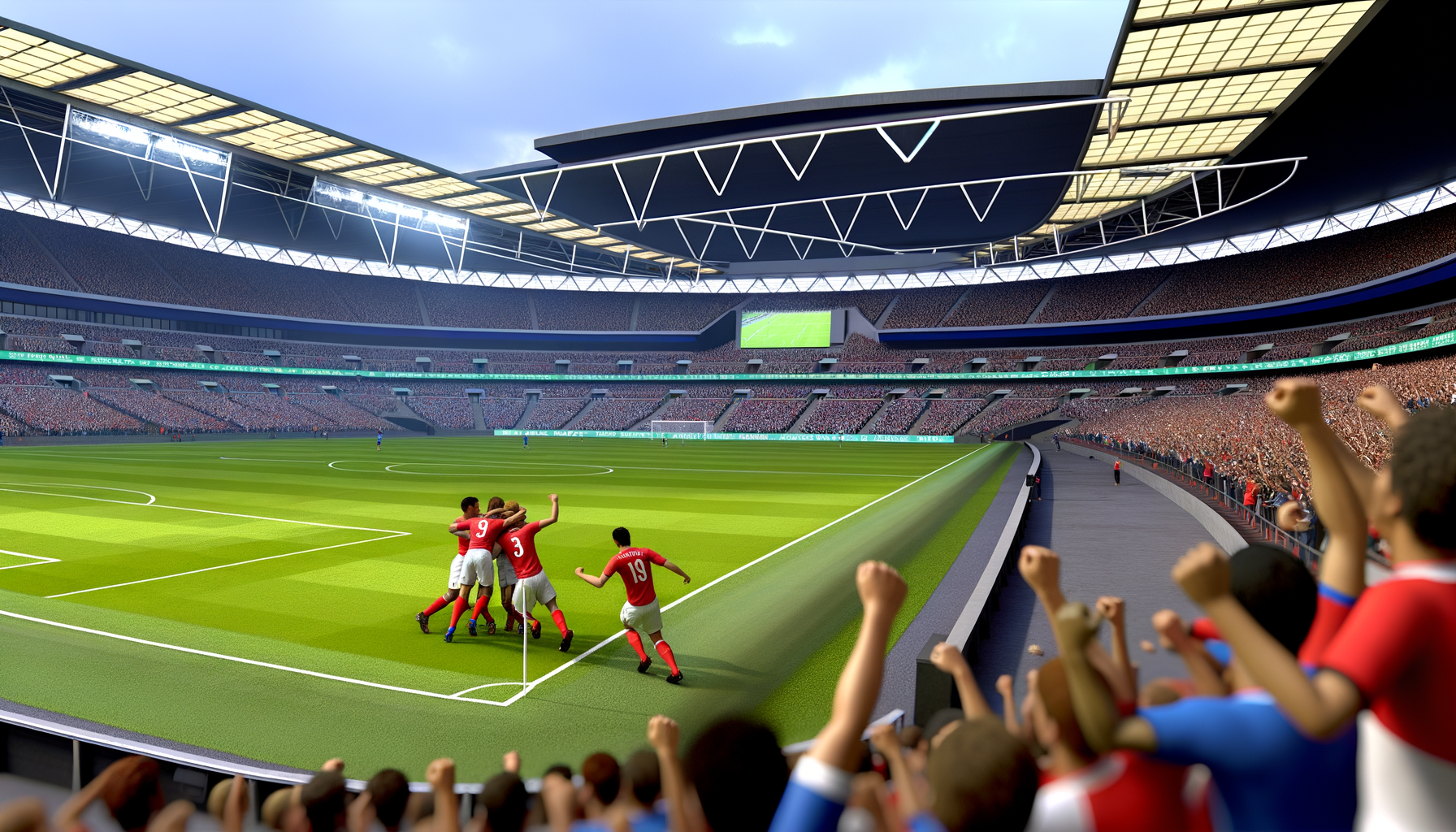Climate Change Forces Rethink Of Athletics Calendar
World Athletics president Sebastian Coe urges urgent re-engineering of the athletics calendar due to rising heat risks impacting athlete safety and performance.

By Editorial
Introduction To The Climate Challenge In Athletics
The recent World Athletics Championships in Tokyo highlighted a pressing issue: climate change is impacting the global sporting calendar in ways that cannot be ignored. With temperatures soaring above 30°C and humidity levels exceeding 90%, athletes faced extreme conditions that challenged their performance and safety. Sebastian Coe, president of World Athletics, has called for a significant overhaul of the athletics calendar to address these climate-induced challenges. This article explores why such changes are necessary, the implications for athletes, and what the future might hold for athletics scheduling.
The Impact Of Extreme Weather On Athlete Performance
During the championships, endurance events like the marathon were particularly affected by the oppressive heat and humidity. Many athletes struggled to maintain peak performance, and concerns over health risks were widespread. According to research conducted by World Athletics, a staggering 70% of athletes have reported that climate change is already affecting their training and competition schedules. This data underscores the urgency of adapting sporting calendars to safeguard athlete wellbeing.
Case Study: Tokyo 2023 World Athletics Championships
Tokyo’s National Stadium became the stage for memorable athletic feats, including Armand Duplantis setting a world record in pole vault and Sydney McLaughlin-Levrone nearing the 40-year-old women's 400m record. Yet, the extreme weather conditions cast a shadow over these achievements, forcing organisers and athletes alike to reconsider how future events might be scheduled. Great Britain's Emile Cairess was among those who openly struggled with the demanding climate, reflecting a broader challenge faced across the field.
Why The Athletics Calendar Needs Re-Engineering
Lord Coe emphasises that the traditional timing of major athletics events, often held during summer months, may no longer be viable. He suggests that some endurance events might have to be shifted to cooler periods of the year, despite challenges such as finding suitable host cities free from heat even in autumn or early winter. This re-engineering is not just about improving performance but a necessary step to protect athletes from heat-related illnesses.
Moreover, Coe warns that governments have not yet taken sufficient action to mitigate climate change impacts on sport, leaving organisations like World Athletics to lead the way in adapting to new realities.
Potential Scheduling Solutions
- Separating endurance events like marathons to cooler months
- Introducing indoor or evening competitions to avoid peak heat
- Utilising emerging technologies to monitor athlete health in real-time
- Collaborating with global cities to identify optimal venues and timings
The Role Of New Competitions And Innovations
In response to these challenges, World Athletics is introducing the Ultimate Championships in Budapest next year, a three-day event designed to bridge gaps in the competition calendar and provide a definitive season finale. This innovative approach will also serve as a testing ground for new ideas that could eventually become part of regular athletics programming.
The Ultimate Championships will feature top performers and offer a substantial prize fund of $10 million, signalling a shift towards greater athlete incentives and engagement. This aligns with the sport’s broader efforts to evolve and adapt, as highlighted by athletics legend Usain Bolt, who praised the move as a positive step for the sport’s future.
Technological Advances Supporting Athlete Performance
The impressive performances witnessed in Tokyo are not solely down to athlete talent; technological advances have played a crucial role. Innovations in synthetic track surfaces, enhancements in footwear design, and improved coaching methods have collectively pushed the boundaries of what athletes can achieve. These advancements complement the adjustments in scheduling to maximise performance while protecting athlete health.
Confidentiality And Fairness In Female Athlete Testing
Another significant development at the championships was the implementation of gene testing for athletes competing in female categories. This measure aims to ensure fairness in competition, though details about individual cases remain confidential. The testing, done via cheek swabs, addresses concerns about athletes who have undergone male puberty competing in female events, a topic that has generated considerable debate.
Looking Ahead: Challenges And Opportunities For Athletics
The need to adapt to climate change presents both challenges and opportunities for athletics. Re-engineering the calendar will require cooperation among sports bodies, governments, and host cities. It will also demand innovative thinking to balance tradition with athlete welfare.
British audiences following sports developments may find parallels in other areas, such as how football adapts to fixture congestion or how new formats emerge in tennis, like the rivalry between Alcaraz and Sinner. For those interested in broader sporting trends and innovations, articles such as How the IOC is reshaping the Olympic games for the future provide insightful context on evolving global sports landscapes.
Conclusion: A Call For Collective Action
Climate change is reshaping the world of athletics. To protect athletes and preserve the integrity of competition, the sport must embrace calendar reform and innovation. Sebastian Coe’s call to action highlights the urgency of rethinking traditional schedules to meet the demands of a warming planet. As athletics moves forward, the balance between performance, safety, and fairness will define its success in this new era.
For fans keen on how sports adapt and thrive amid challenges, following developments at Jofra Archer’s remarkable comeback or the evolving Premier League fixtures can offer further perspectives on the resilience and dynamism inherent in modern sports.
Related topics
Editorial
Sports expert at SportsScoop
Specialist in sports analysis and journalism
Related articles
Want to read more?
Explore our comprehensive collection of sports articles and analysis, or contact us for more information.



